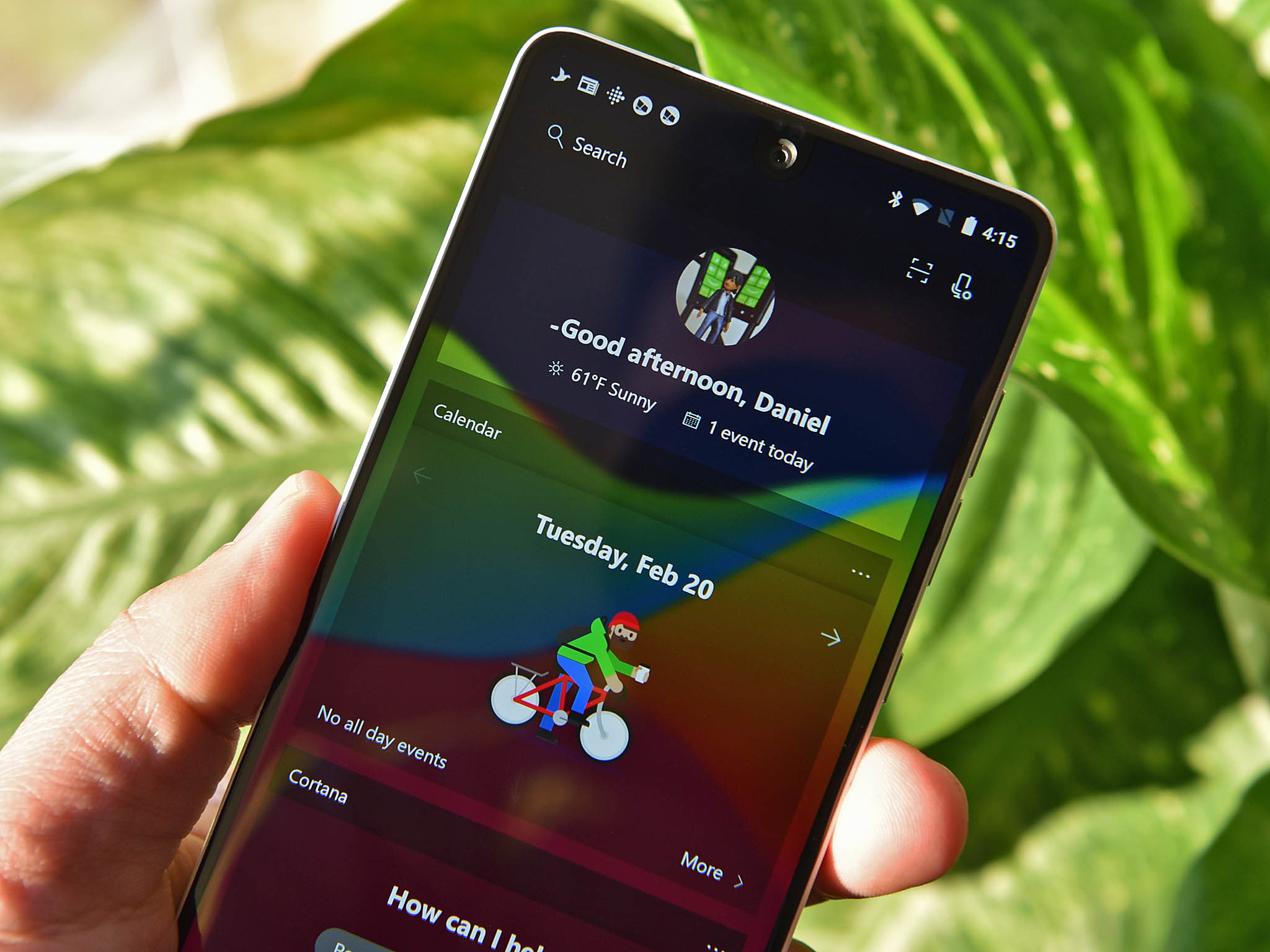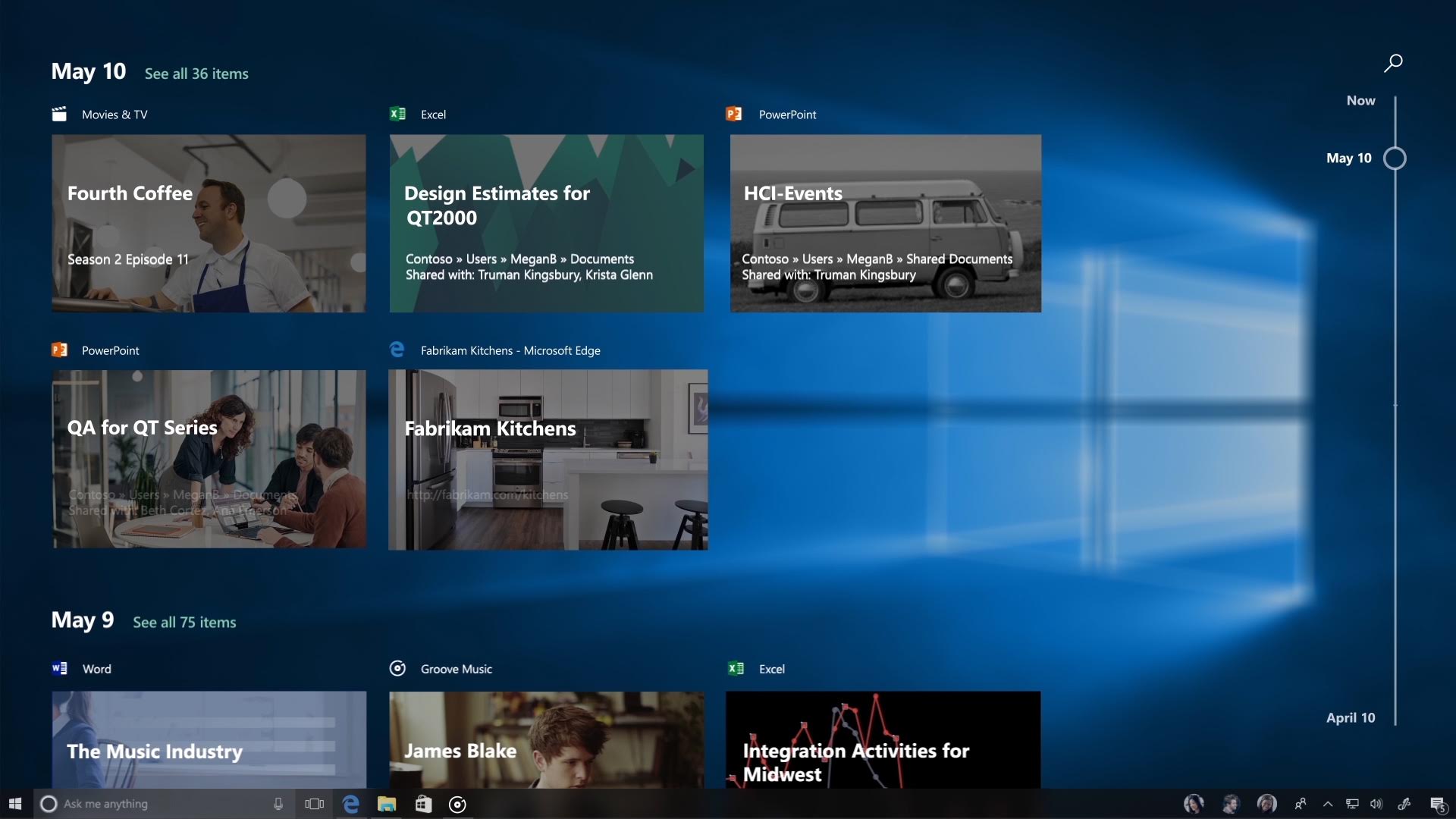Android and is now a key player in Microsoft's overall software and services strategy — and that's a good thing for Microsoft.
When Microsoft announced that it was stepping away from its smartphone efforts, there were quite a few of us who were worried about how we'd continue to remain invested in Microsoft's ecosystem without being able to carry Windows around in our pockets. But it ultimately allowed Microsoft to invest in bringing ecosystem synergy to more users than ever before.
Microsoft is embracing its own ecosystem on Android and iOS, and frankly, this is an amazing idea that is paying off well. No longer does Microsoft have to rely on Windows to ensure people to use its software and services on mobile devices. These services are now available wherever the user is, rather than Microsoft expecting the user to switch platforms to enjoy those software and services.
With Android in particular, Microsoft has an opportunity to finally realize its vision of total synergy across your PC and smartphone. Android has over a billion users, a large percentage of which likely use Windows. It's wise of Microsoft to capitalize on this.
Investment is key
Microsoft has always had apps available on rival platforms, but not in the way it does today. Windows users new to Android used to have no real reason to invest in anything Microsoft on Android. It made more sense for people to invest in Google's ecosystem, which was already platform agnostic. But Google can only do so much in bringing synergy to its ecosystem across PC and phone. Microsoft, on the other hand, is in a unique position to make this experience truly great with features like Timeline, Cloud Clipboard, Cortana, and Your Phone.
On Android, Microsoft has a lot more freedom to dig its claws into the platform and integrate its software and services for better synergy with your PC. The Microsoft Launcher, for example, lets users share basically anything on your phone with a PC via "Continue on PC." Photos or documents can be easily sent to your PC from your phone. Cloud Clipboard will also let you share copied content across devices, minimizing yet another barrier between your PC and phone.
With Timeline, users will be able to resume activities they started on either their PC or phone on any device that's logged in with a Microsoft account. Everything from web browsing to Word documents will be curated by Timeline, and it will let users go back 30 days to resume content they were previously looking at or working on. Even Android apps can get involved, letting content be resumed across a Windows 10 app and an Android app, if the developer supports it.
The biggest tie-in will come in the shape of Your Phone, which will let PC users see what's going on with their phone without even needing to pick up the phone in the first place. Your Phone will curate all notifications that come in and allow you to interact with them directly from your PC. It'll even show you missed notifications so that you don't ever have to lift your phone when working on a Windows device.
Vital synergy
Windows being able to talk to and interact with Android like this is super cool, and it is a vital part of keeping Windows relevant in a market that is dominantly mobile. Microsoft simply couldn't afford to continue to expect users to switch to Windows phone if they wanted to experience Microsoft software and services anymore. Now, users don't have to switch and can enjoy a better Windows 10 experience because of that.
There's no real reason for anybody to use Outlook or Office on Android if there's no ecosystem or synergy for the user to benefit from. Windows isn't as relevant as it used to be, and the only way it can stay relevant is by bringing the best of Windows and Microsoft to Android.
Google and Apple both have their own ecosystems, and since they have their own mobile platforms, they are in a better position to tie in their ecosystems with users who use their phones. Google only really has leverage on the smartphone form-factor, however. Google can't do much to make your phone work better with your PC, because it doesn't have a PC OS that's in use by a significant market.
Apple does have a PC platform, but it's nowhere near as "popular" as Windows. Most Android users are also Windows users, meaning Microsoft is in a unique position. And that is a real opportunity for Microsoft.
What are your thoughts on using Android with Windows and the Microsoft ecosystem? Let us know in the comments.
from Android Central - Android Forums, News, Reviews, Help and Android Wallpapers




0 comments: